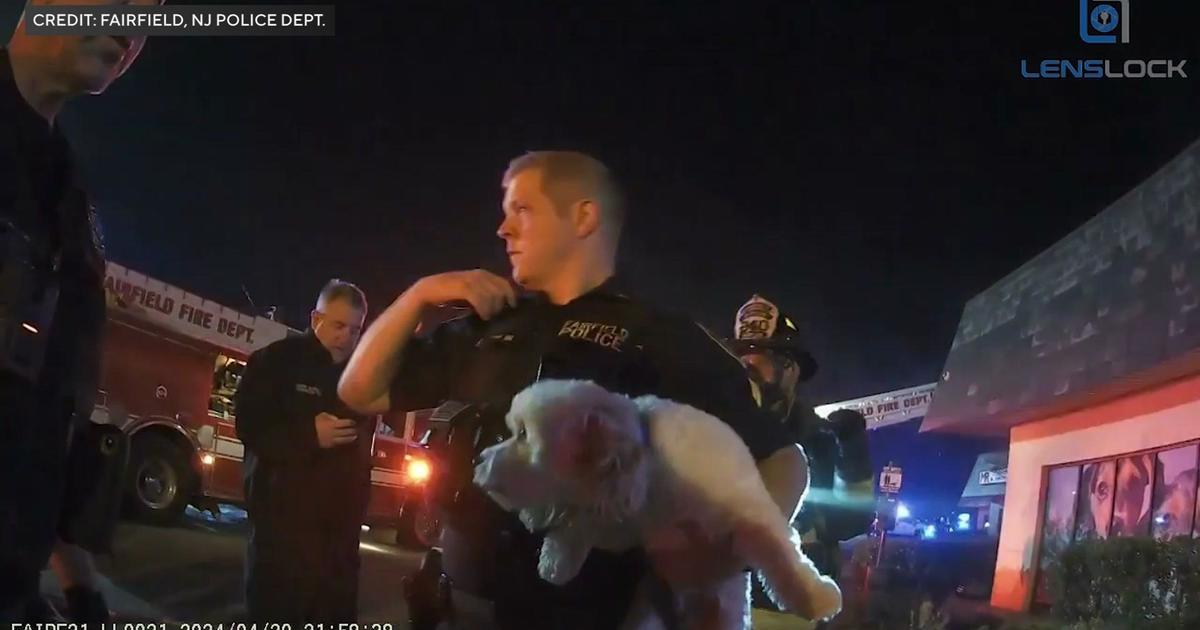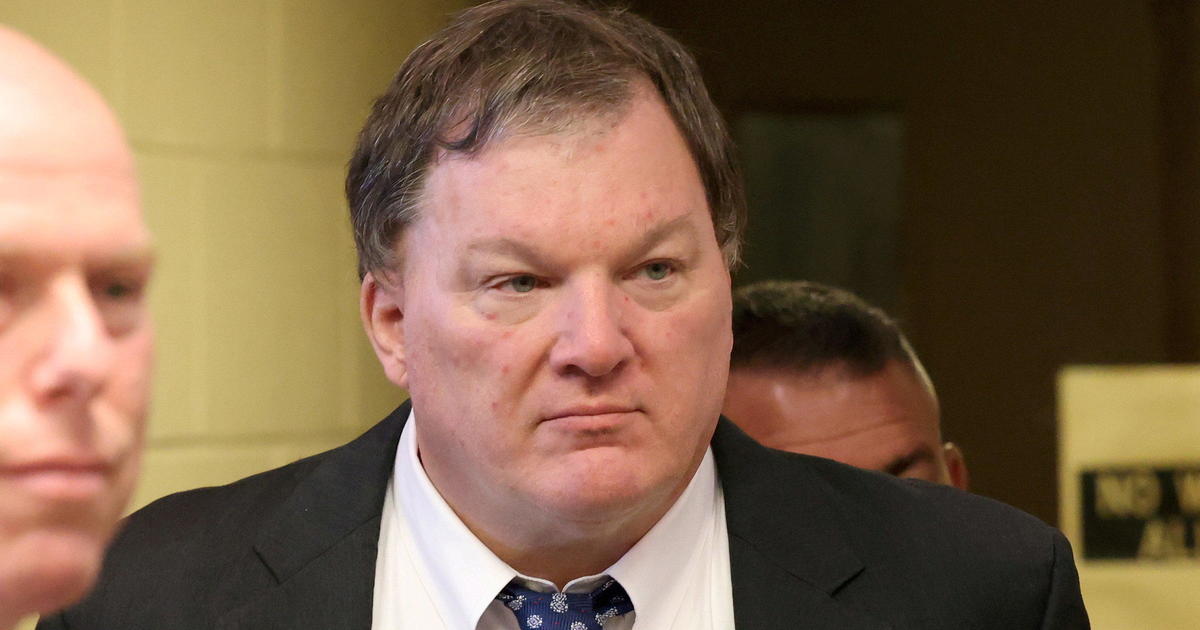Critics: Proposed NJ Medical Pot Rules Too Strict
HADDONFIELD, N.J. (AP) -- When New Jersey lawmakers voted to allow medical marijuana early this year, they wanted to make sure pot wouldn't be available in their state as widely as it is in California, a place where cannabis laws have a reputation for being lax.
But advocates for using the drug as medicine said Thursday the state has gone too far with its proposed regulations.
Some say the state wants such tight restrictions that a business growing or selling legal marijuana may not be able to stay afloat -- and that patients may choose to keep buying the drug illegally.
"It might not be a viable business model," said Roseanne Scotti, the New Jersey director of the Drug Policy Alliance. "You've limited the number of people who can get medical marijuana, you've limited the amount they can get. It will be interesting to see if anybody actually applies and thinks they can run one of these things."
The state's proposed regulations Wednesday could go into effect in January, with two growers and four clinics to distribute the drug chosen in February and the first legal marijuana available in the summer of 2011.
There will be a 60-day comment period during which changes could be made to the regulations before they're official. Advocates say New Jersey's proposals are excessively tough compared to regulations used in the 13 other states that allow medical marijuana. They fear that other states could follow New Jersey's example.
Among the proposed rules:
-Patients would have to pay up to $200 every two years for a card that gives them the right to buy from an alternative treatment center. Those fees, like the $20,000 annual fee for treatment centers, would pay for the state's oversight.
-There would be two legal growers and four centers to distribute marijuana. The dispensaries could also each open one satellite office. Home delivery would be available for patients too sick to travel.
-Patients could only get marijuana prescriptions from doctors with whom they have an ongoing relationship, or who take responsibility for their conditions.
-Food products with marijuana would not be available for sale.
-Each grower could produce no more than three strains, but each would have to have a level of Tetrahydrocannabinol, or THC, the psychotropic chemical in marijuana, of less than 10 percent.
-The dispensaries would not be able to sell food or beverages.
-And in a provision that none of the 13 other states have, patients would not be allowed to grow their own. (Washington D.C. has followed New Jersey's example and does not allow home cultivation.)
"We are trying to keep this to be a medical model," said Susan Walsh, deputy commissioner of the state's Department of Health and Senior Services. "We want to make sure we understand what people are using, and how much."
For instance, department spokeswoman Donna Leusner said, the restriction on the number of strains would aid research into how well the drugs work.
But advocates worry that the rules are so onerous that they'll keep sick patients from being able to get drugs that can help them control pain, nausea and other symptoms.
Joseph Stevens, who lives in Vernon, would like to get a license to run one of the nonprofit centers that could distribute the drug. Before the proposed regulations were announced, he was also interested in becoming a legal grower.
But he says the growers would have to be so large that he doesn't think they would make financial sense.
"I don't think it's going to work," he said after looking through the proposed rules. "I don't think it's rational to even attempt it."
Even for a dispensary, he fears that restrictions on advertising could make it hard to operate.
Chris Goldstein, spokesman for the Coalition for Medical Marijuana in New Jersey, said that the state's claim that it based its program around science doesn't make sense.
"I can say that these regulations reflect far more politics than they do science," he said.
He did, however, applaud some provisions, such as a program to educate doctors on medical marijuana.
Nancy Fedder, a 63-year-old multiple sclerosis patient from Hillsborough who uses marijuana to control her symptoms, said that a bad system won't mean people like her won't continue to use the drug.
"They'll go the way they've been going for years," she said. "It's not as if there isn't a system there."
It's just that the current system is illegal.
(Copyright 2010 by The Associated Press. All Rights Reserved.)



